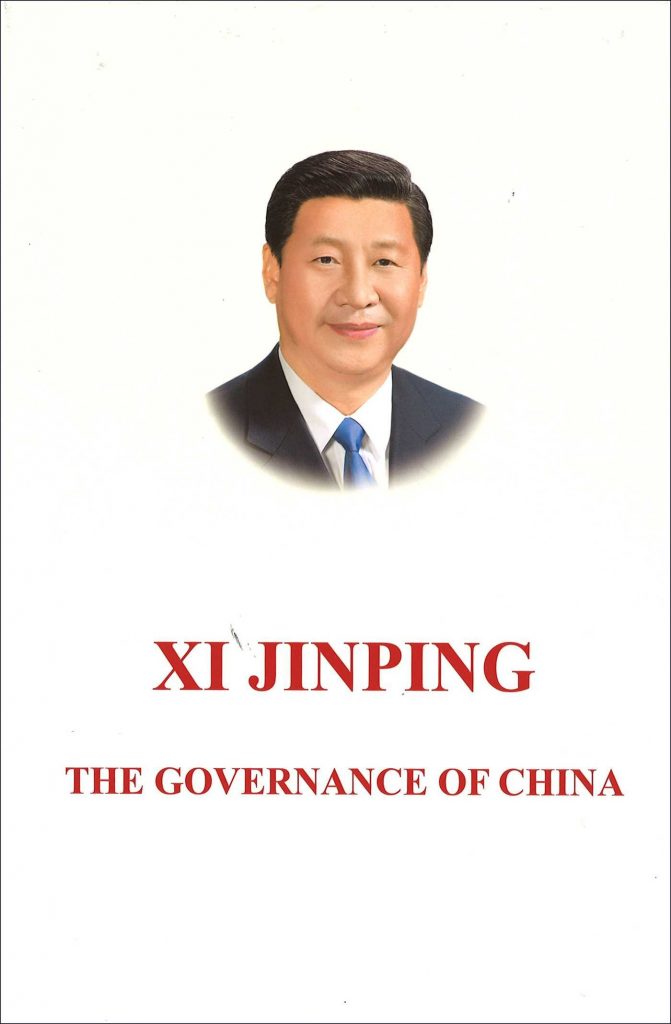
The Governance of China is authored by Xi Jinping, the general secretary of the Chinese communist party and the president of the People’s Republic of China. Mr. Jinping outlines his dreams about the future of China in this book. Of course, there are discussions on politics and political ideology in this book but he concentrated on planning. He objectively and briefly outlined the present state of his country, visioned where he wants to go, and outlined the way to achievement. He was actually expressing the vision of the central committee of his party. The book gives a hint that within two years he has established his authority in the party and in the country.
He has clearly stated that the socialism he dreams of is socialism which has Chinese characteristics. He described the glorious past of his country and then said that the reason China declined was that for some time “scientific achievements were not converted to productivity”. According to him, China is now in the primary stage of socialism. His dream is to develop China into a moderately prosperous country by 2021, the centenary year of the formation of the Communist Party of China (CPC). His aim is to develop China into a prosperous country by 2049, the centenary year of the formation of Communist China.
For the progress of the country, the party has to be stronger. The members of the party must be aware of changing situations. They must understand the historical problems and present realities. He has praised the three generations of the party leadership who made great contributions to the progress of the country. He did not mention the difficulties China and CPC went through. He did not discuss about the experiences of the “ great leap forward”, “cultural revolution” and so on. Maybe it was an intentional technique to avoid controversial issues of the past.

He has mentioned that the total population of the developed countries is one billion while China has a population of 1.3 billion. Hence an enormous challenge is ahead to achieve prosperity for such a big population. But he also knows that people are the creator of history. The working class is the leading force and his advice was to rely on the working class. One must respect labor as laborers built history and China’s economy. We must emulate model workers.
He has given some advice to young people. Young people must be firm in ideals and convictions. They must have professional competence and should be interested in innovation and creation. His advice to the Chinese students studying abroad was to do dynamic exchanges of ideas with the host countries. They should be aware that material and cultural progress should go hand in hand. He stated in another place that if economic development does not go together with social development then economic development will not last long.
Xi thinks that instead of the government market forces should decide the allocation of resources. How he differs from Adam Smith is interesting to observe. He said about “market forces under the government” and “problems of the socialist market economy”. He has mentioned improving fiscal and taxation policies, and integrated improvement of the urban and rural economies. He has outlined the planning for judicial reform. He thinks corruption is a problem and initiatives have to be taken to get rid of it. He has a plan for national security, Improvement must be done to improve the management of the national resources. He has put emphasis on ecological improvement.
Xi feels that there are not enough innovative scientists in China. He has quoted a Chinese philosopher’s saying “to accomplish extraordinary feats we must wait for extraordinary persons”. The Governance of China shows how much China has changed through her experiences from “extreme conservatism “to open up” policy.







